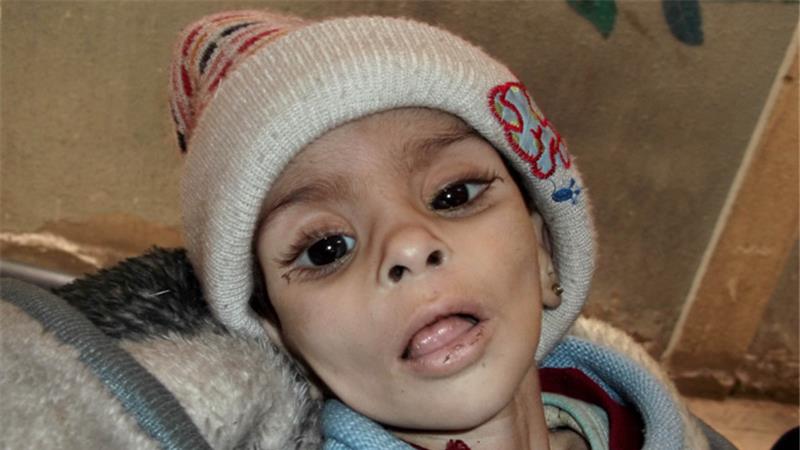The Washington Post
IT’S BEEN nearly six months since the U.N. Security Council passed a resolution demanding an end to the bombing and shelling of civilian areas in Syria and calling for immediate humanitarian access to besieged areas. It’s been four months since Secretary of State John F. Kerry described the sieges as a “castastrophe” of a dimension unseen since World War II and said that “all parties to the conflict have a duty to facilitate humanitarian access to Syrians in desperate need.”
Three weeks ago, a diplomatic conference on Syria joined by Mr. Kerry issued a statement saying it “insisted on concrete steps to enable the provision of urgent humanitarian deliveries,” and warning that if none were taken, it would support airdrops to besieged towns beginning on June 1.
By Monday, there still had been no food deliveries to Darayya in the Damascus suburbs, the al-Waer district of Homs or several other of the 19 besieged areas, with a population of more than 500,000, identified by the United Nations. Nor had there been airdrops. None have been organized, and U.N. officials say none are likely in the coming days. Another deadline has been blown, another red line crossed — and children in the besieged towns are still starving.
Over the weekend, Russian and Syrian planes heavily bombed civilian areas in rebel-held areas of Aleppo and Idlib. The Syrian Observatory for Human Rights said 500 civilians, including 105 children, had been killed in 45 consecutive days of bombing in Aleppo. The “cessation of hostilities” negotiated by Mr. Kerry in February, which was never fully observed by Russia and Syria, has been shredded.
And the Obama administration’s response? It is still waiting patiently for the regime of Bashar al-Assad to stop dropping barrel bombs from helicopters on hospitals and allow passage to aid convoys. It is still asking politely for Russia to stop bombing Western-backed rebel units and to compel the Assad regime to follow suit. “We expect the regime to live up to its commitments,” said a State Department statement Monday. “We ask Russia to use its influence to end this inhumane policy.” As for airdrops, “that’s a very complex question,” said a spokeswoman.
The promise of air deliveries, it turns out, was entirely rhetorical. On May 26, two senior U.N. officials publicly warned that a U.N. air bridge could not be established without permission from the Assad regime — the same regime that was blocking food deliveries by land. They called on the United States and Russia to “find a way” to begin the operation. But neither the United States nor Britain, the original proponent of the airdrops, acted to make an operation possible. Instead, they issued appeals to the Russian government — the same government that is systematically bombing civilian neighborhoods of Aleppo and Idlib.
The British ambassador to the United Nations hinted on Friday that if the Assad regime kept preventing land and air aid deliveries, his government “will consider other actions.” The French ambassador to the United Nations said “the Syrian regime is continuing to systematically starve hundreds of thousands of civilians. These are war crimes. . . . There is a strong momentum here in the Security Council . . . to say ‘enough is enough.’ ”
Strong words. Those are a Kerry specialty, too. People in the besieged towns “are eating leaves and grass or animals of one kind or another that they manage to capture,” Mr. Kerry declared. Humanitarian access, he said, “has to happen not a week from now . . . it ought to happen in the first days.” That was on Feb. 2.

